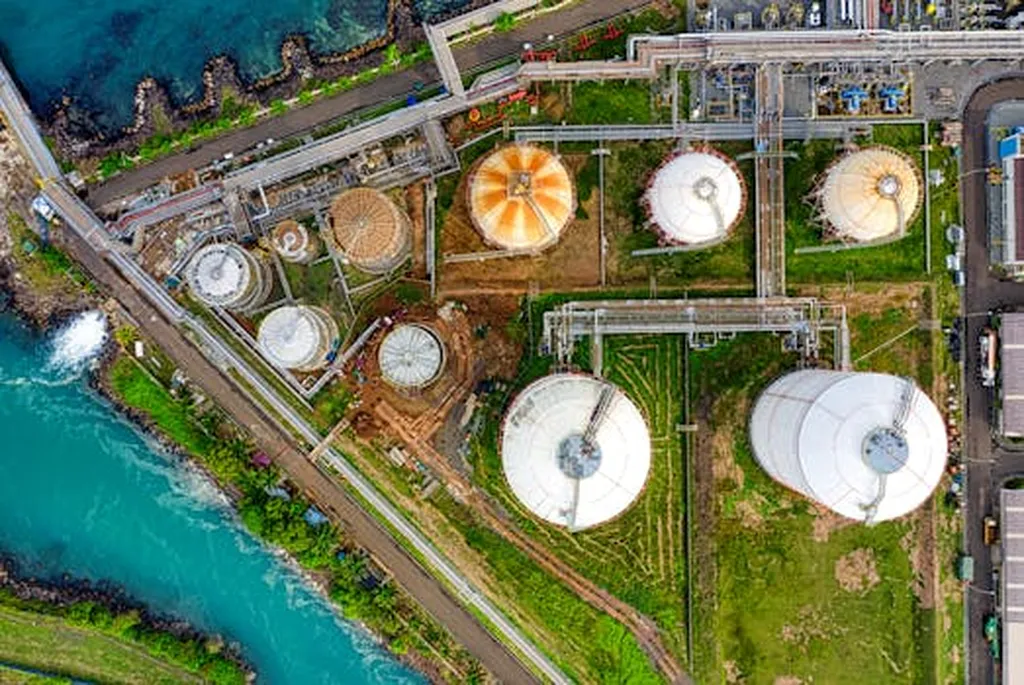The pipeline construction market is at a crossroads, poised to expand significantly as global energy demands and infrastructure investments surge. Valued at USD 44.7 billion in 2025, the market is projected to reach USD 69 billion by 2033, growing at a compound annual rate of 5.59%. This growth is driven by the increasing demand for energy, the expansion of natural gas and oil transportation networks, and substantial investments in water and wastewater infrastructure. However, the path forward is not without challenges, as environmental regulations, land acquisition issues, and geopolitical factors continue to shape the industry’s trajectory.
The pipeline construction market is experiencing a surge in demand, fueled by the global push for energy security and sustainability. Governments and private entities are investing heavily in infrastructure projects, accelerating pipeline construction activities worldwide. Advancements in pipeline materials, welding technologies, and trenchless construction methods are enhancing pipeline durability, efficiency, and environmental compliance. The rising adoption of renewable energy sources, such as hydrogen and biofuels, is also shaping the market by creating demand for new pipeline networks designed to handle alternative energy carriers.
In 2024, the pipeline construction market witnessed increased investment in sustainable and technologically advanced pipeline infrastructure. The push for carbon-neutral energy sources is driving the expansion of hydrogen and carbon capture pipelines, with governments and energy companies investing in large-scale projects to support the transition to cleaner energy. Digitalization is becoming a key focus, with pipeline developers integrating AI, IoT-based monitoring, and digital twin technology to enhance project efficiency, reduce costs, and improve safety.
The growing demand for natural gas is fueling the development of LNG and cross-border pipeline networks, particularly in regions such as North America, the Middle East, and Asia-Pacific. Additionally, the water and wastewater pipeline segment is gaining momentum as urbanization and industrial growth necessitate improved water distribution and treatment infrastructure. Companies are increasingly adopting trenchless pipeline construction techniques, such as horizontal directional drilling (HDD) and microtunneling, to minimize environmental impact and reduce disruptions in densely populated areas.
Looking ahead to 2025 and beyond, the pipeline construction market is expected to see significant advancements in automation, sustainability, and alternative energy transportation. AI-powered construction planning and predictive analytics will optimize pipeline design, reduce project delays, and enhance cost-effectiveness. The expansion of hydrogen infrastructure will continue to gain traction, with more countries committing to large-scale hydrogen transportation networks to support the decarbonization of industries. Smart pipeline technologies, including self-monitoring coatings, real-time integrity assessment sensors, and automated welding robots, will improve pipeline longevity and operational efficiency.
The growing integration of blockchain technology in pipeline asset management will enhance supply chain transparency, regulatory compliance, and contract execution. Additionally, the development of offshore pipeline projects for deepwater oil and gas transportation will drive demand for advanced subsea pipeline construction techniques. As global energy dynamics shift toward sustainability and efficiency, pipeline construction companies will need to invest in next-generation materials, automation, and digital solutions to remain competitive in an evolving market landscape.
Key insights from the market include the expansion of hydrogen and carbon capture pipelines, the adoption of AI and digital twin technology, growth in trenchless pipeline construction techniques, advancements in smart pipeline coatings and sensors, increased offshore and subsea pipeline developments, rising global energy demand and infrastructure investments, government initiatives for water and wastewater infrastructure, technological advancements in pipeline materials and welding, and stricter environmental regulations and safety compliance.
However, the market also faces challenges such as land acquisition and regulatory hurdles, which pose significant obstacles to the timely execution of large-scale pipeline construction projects. Despite these challenges, the pipeline construction market is poised for significant growth, driven by the increasing demand for energy, the expansion of renewable energy sources, and substantial investments in infrastructure projects. Companies in the pipeline construction market will need to adopt innovative strategies and advanced construction methodologies to navigate these complexities and capitalize on the growing opportunities in the market.

